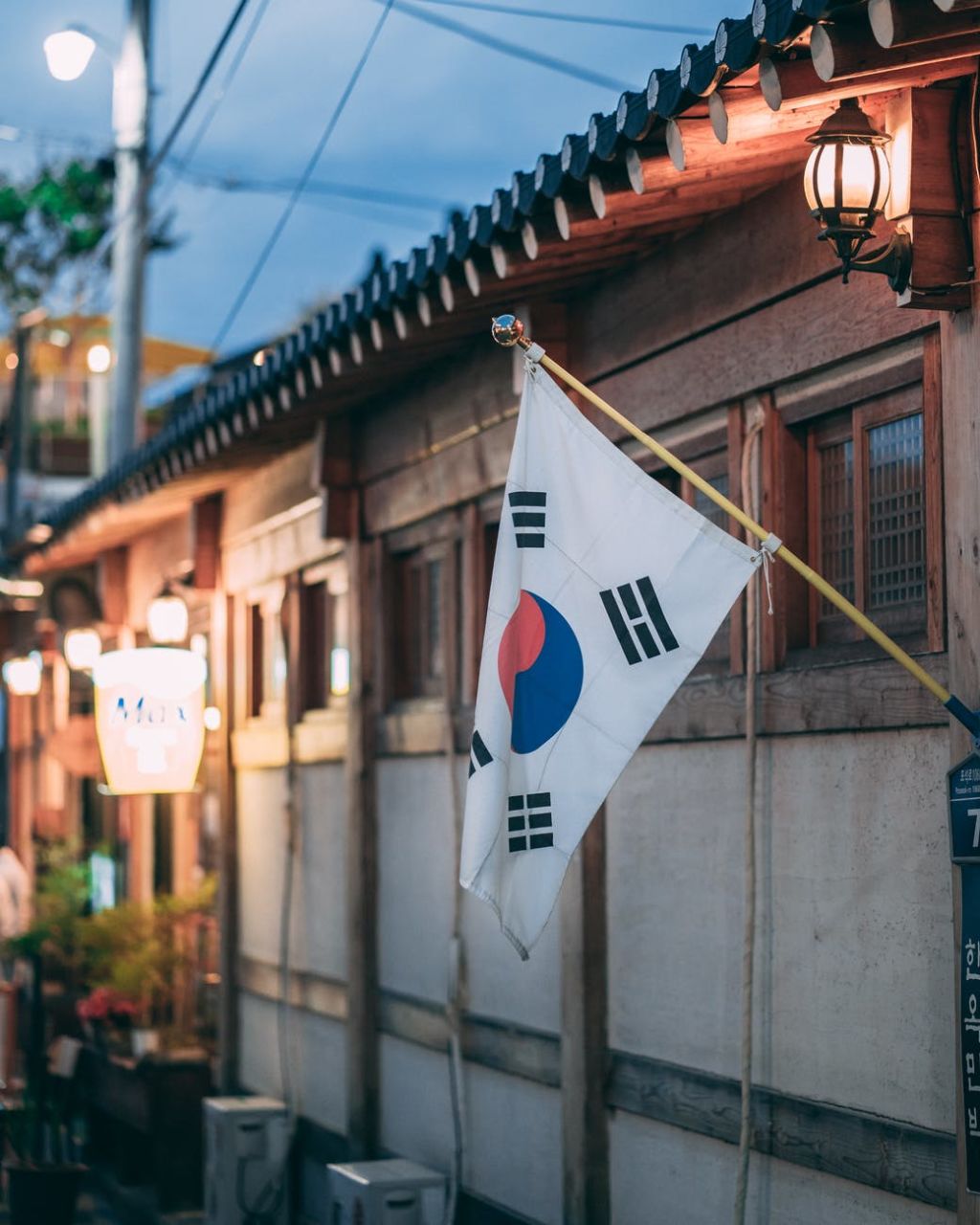One of the differences between the Korean and British responses to Covid has been the way in which the Korean government could look to – and expect – help from the private sector, because Korea’s largest companies are, in a word, patriotic.
Compare this to the FTSE 100, the 100 largest companies listed on the London Stock Exchange.
How many of these companies think of themselves as primarily and essentially British, as opposed to ‘global’?
The answer is not many. Seeing themselves as ‘global’ companies, most see no obligation to put themselves on the line to help Britain and its people. And, quite pitifully, it seems that our Government shares these low expectations. I expect that the most that these companies will have done to help is sponge up whatever subsidies are going.
There are exceptions however. Burberry and BAE spring to mind. But for the most part, the leadership of FTSE 100 companies haven’t seen much shareholder value in helping, so haven’t done anything.
In South Korea, corporations are patriotic for a reason. For generations, South Korean governments have fostered and promoted their industrial sector by sheer force of strategic necessity. Those longstanding ties are of course controversial and the historic closeness between government and chaebol (large family-owned conglomerates) is quite corrupt. Nevertheless, when a crisis presented itself, there was never any doubt that Korea’s largest listed companies would view themselves as principally Korean, and know that they would and should be called upon to put their shoulders to the wheel.
Meanwhile, back in Britain, we have had to rely on individual acts to show our social solidarity. The grit and determination of Captain Tom Moore, a Second World War veteran who raised more than £30 million for the NHS by the time of his 100th birthday, stands in stark contrast to the indifference of ‘our’ corporate sector.
When a TV reporter asked him for his plans, Captain Tom gave a classic Yorkshire reply: “I’ll carry on walking as long as they carry on giving. Let’s see who gives up first.”
The contrast between Tom and our corporate leadership is not flattering to the latter. The SDP believes that government and business have mutual obligations to each other, because that’s what builds an economy, and also what builds national resilience into our economic system. We don’t have that anymore, and it will take the SDP’s reinstatement of active industrial policy to turn it around.



I fully agree. I think state money should go into fostering strategic businesses. Without support there will be little advancement.
The same global companies who see no obligation to help Britain and it’s people are very quick to come begging for a bailout courtesy of the British taxpayer when their businesses are struggling though. Not exactly a relationship of reciprocity.
don’t expect the Tories to upset their rich chums in the City this Country needs to rebalance it’s economic model from just reliance on Financial Services to Manufacturing and other things https://www.newchartistmovement.org.uk